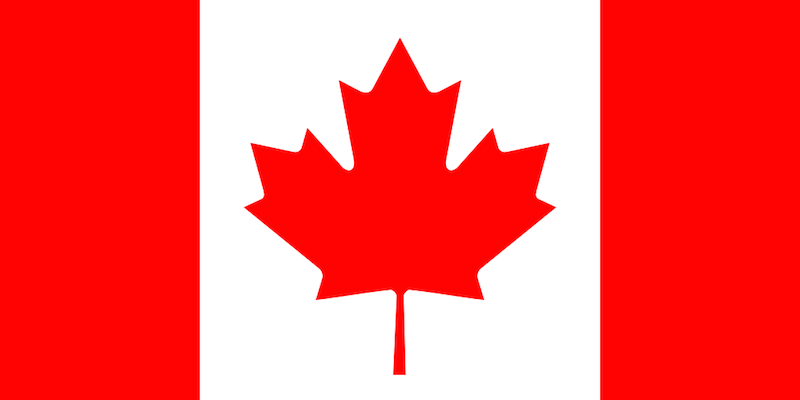ThinkProgress, “The Canadian Government Systematically Tortured And Abused Aboriginal Children For 100 Years”:
This process of “cultural genocide” was one major objective behind the Canadian government’s support of residential schools for Aboriginal children, according to a damning report released by the country’s Truth and Reconciliation Commission on Tuesday.
The children’s cultural identity was not the only thing that suffered at the schools — First Nation, Métis, and Inuit children were brutalized through physical abuse, sexual violence, derogatory language, meager food, and a deliberate attempt to rid them of their cultural identities. The commission found that at least 3,201 students died while at the schools, often because of abuse and neglect.
Families were often coerced by police into sending their children to these schools as part of a policy, intended, “not to educate them, but primarily to break their link to their culture and identity,” according to the commission’s findings. The schools functioned first under the purview of various churches, and then with the support of the government from 1883 until 1998.
[…]
“Seven generations of children went through these schools and we have said that coming to terms with this past, in a way that allows for there to be a much more mutually respectable relationship is going to take, perhaps, generations as well,” Justice Murray Sinclair, who heads the commission, told NPR.
The program was not officially ended until 1998 (!), although it was wound down in most places in the early 1980s (hence the “100 years” figure above). Meanwhile, as recently as last fall, Canada’s Conservative-led government was upset that they might have to consult native peoples on policies under their existing treaty obligations to the federation’s indigenous communities and sovereign nations.




